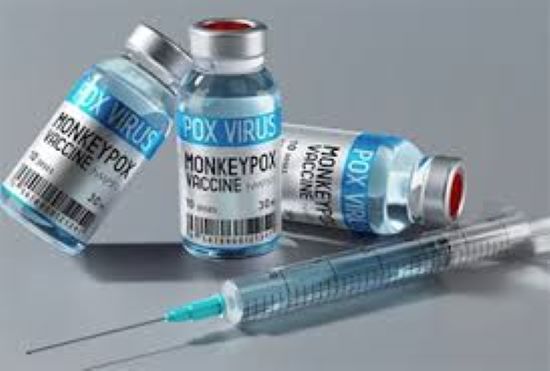The World Health Organisation (WHO) has announced the addition of the MVA-BN vaccine to its prequalification list, marking the first vaccine against mpox to receive this designation.
In a statement released on Friday, the organisation explained that prequalification approval would facilitate timely and increased access to the vital product in communities with an urgent need, reducing transmission and helping to contain the outbreak.
“WHO’s assessment for prequalification was based on information submitted by the manufacturer, Bavarian Nordic A/S, and reviewed by the European Medicines Agency, the regulatory agency of record for this vaccine.”
The Director-General of WHO, Dr Tedros Ghebreyesus, stated that the prequalification of a vaccine against mpox was a crucial step forward in combating the disease, both in the context of the current outbreaks in Africa and in preparing for future scenarios.
He emphasised the need for urgent scale-up in procurement, donations, and rollout to ensure equitable access to vaccines where they are needed most, alongside other public health tools, to prevent infections, stop transmission, and save lives.
According to Ghebreyesus, the MVA-BN vaccine can be administered to individuals over 18 years as a two-dose injection given four weeks apart.
“After prior cold storage, the vaccine can be kept at 2–8°C for up to eight weeks.”
WHO Assistant Director-General for Access to Medicines and Health Products, Dr Yukiko Nakatani, said that the prequalification of the MVA-BN vaccine would help accelerate ongoing procurement of mpox vaccines by governments and international agencies such as Gavi and Unicef.
“This decision would also help national regulatory authorities fast-track approvals, ultimately increasing access to quality-assured mpox vaccine products.
“The WHO Strategic Advisory Group of Experts (SAGE) on Immunisation reviewed all available evidence and recommended the use of MVA-BN vaccine in the context of a mpox outbreak for persons at high risk of exposure.
“While MVA-BN is currently not licensed for persons under 18 years of age, this vaccine may be used “off-label” in infants, children, and adolescents, and in pregnant and immunocompromised individuals.”
Nakatani emphasised the need to collect further data on vaccine safety and effectiveness in different contexts.
“Available data shows that a single-dose MVA-BN vaccine given before exposure has an estimated 76 percent effectiveness in protecting people against mpox, with the two-dose schedule achieving an estimated 82 per cent effectiveness.”
Nakatani said since the triggering of the emergency use listing for mpox vaccines by the WHO Director-General on August 7, WHO had conducted product and programmatic suitability assessments of the MVA-BN vaccine.
The WHO Director for Regulation and Prequalification, Dr Rogerio Gaspar, stated that the findings of these assessments were particularly relevant in the context of the declaration of a Public Health Emergency of International Concern (PHEIC) related to the upsurge of mpox in Africa.
Gaspar added that WHO was progressing with prequalification and emergency use listing procedures with manufacturers of two other mpox vaccines: LC-16 and ACAM2000.
“Six expressions of interest for mpox diagnostic products for emergency use listing have been received so far.
“The escalating mpox outbreak in the Democratic Republic of the Congo and other countries was declared a PHEIC by the WHO Director-General on August 14.
“More than 120 countries have confirmed over 103,000 cases of mpox since the onset of the global outbreak in 2022.
“In 2024 alone, there were 25,237 suspected and confirmed cases and 723 deaths from different outbreaks in 14 countries of the African Region (based on data from September 8.
NAN


